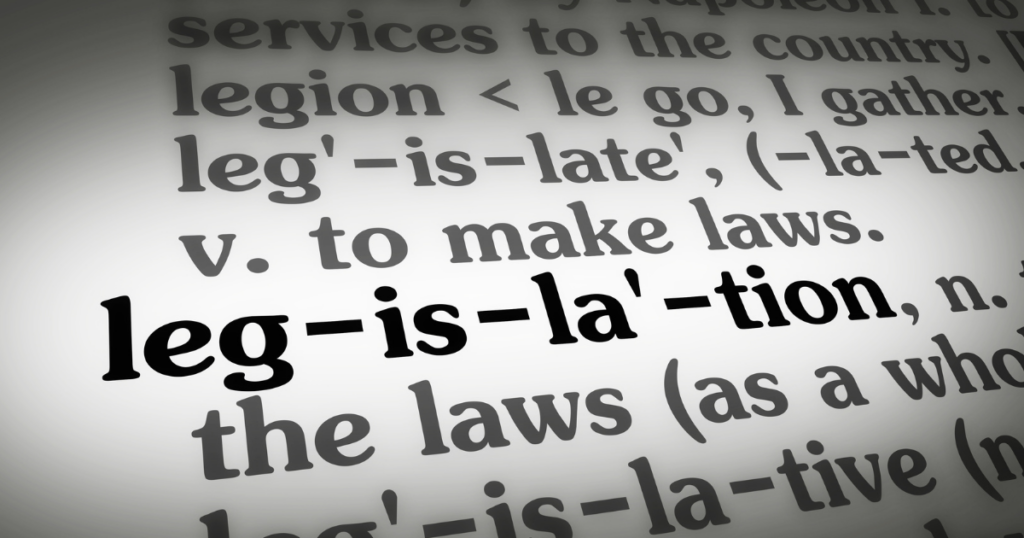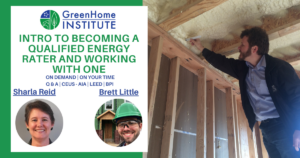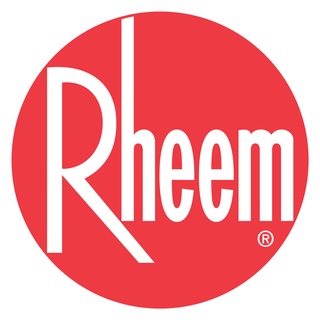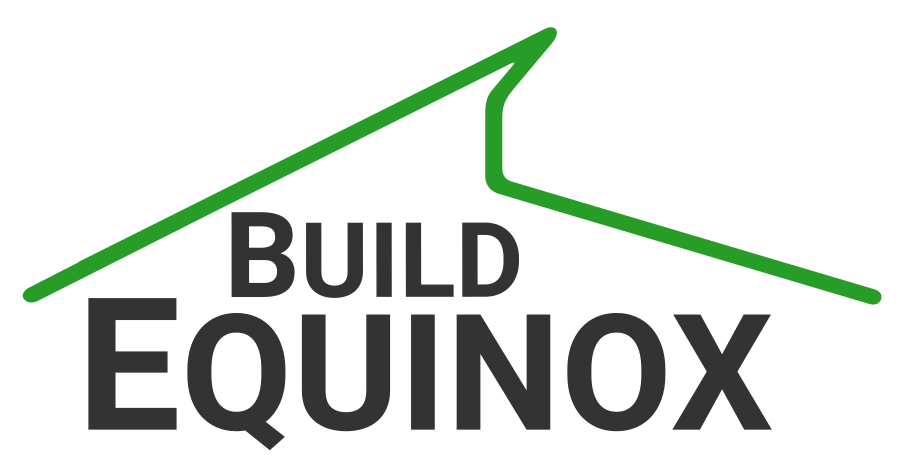There are now three updates on the Inflation Reduction Act: Tax Credits and Homes Rebates.

The first is specific to the rollout of the HOMES rebates in Michigan, the second is related to product manufacturer registration to help ensure Inflation Reduction Act qualifying products are easy to determine, and the last applies to multifamily and commercial extending the 179D rebates to be adjusted for inflation.
In Michigan, the Department of the Environment, Great Lakes, and Energy (EGLE) has released an update on the rollout of the HOMES rebates. The bottom line is that it seems rebates will only apply to households with incomes at or below 150% of the Area Median Income (AMI), and they will pilot the program first in Holland and the UP. Finally, they are looking to onboard contractors to help deliver the rebates as part of their service offerings. The full program will roll out sometime in early 2025 for the rest of the state. You can stay updated on what is happening and get registered here if you are a contractor. If you are outside of Michiganm, you can find out what your state is up to here.
If you are above the income limit, you will likely benefit from the Inflation Reduction Act Homes 25C tax credit instead. GHI recently conducted a webinar that discussed this program and how to utilize it in more detail. GHI Education Manager will be on a panel giving another update on this incentive program during the Dec 12th DOE Residential Better Buildings Webinar; you can learn more and register here.
There has been some confusion about what products qualify for the tax credits, and to help clear it up, “manufacturers will be able to use the IRS Energy Credits Online Portal (IRS ECO) to register (their products) with the IRS.” To help with tax consultant confidence, “beginning in 2025, for each item of specified property placed in service, no credit will be allowed unless the item was produced by a qualified manufacturer and the taxpayer includes the PIN for the item on the taxpayer’s tax return.”
Finally, for multifamily housing project teams, the 179D tax credit was designed to give tax incentives per square foot for more energy-efficient buildings or those renovated to achieve better results. Due to the cost of inflation of improvements to buildings or building more energy-efficient buildings, the IRS has announced increases in the available tax credit amounts. You can learn more about the increase on page 15 here. Note that while GHI has yet to do a 179D tax credit webinar, we did cover it briefly during a 45L tax credit webinar also related to energy-efficient new homes and multifamily buildings.
In summary, the Inflation Reduction Act funding is one small component to help fund the transformation of our housing sector. Of course, there are going to be new changes and updates to this program, especially in 2025. GHI will keep you updated as we learn more about improving our housing stock. GHI also tracks additional resources for funding and more on our new Resources page.




